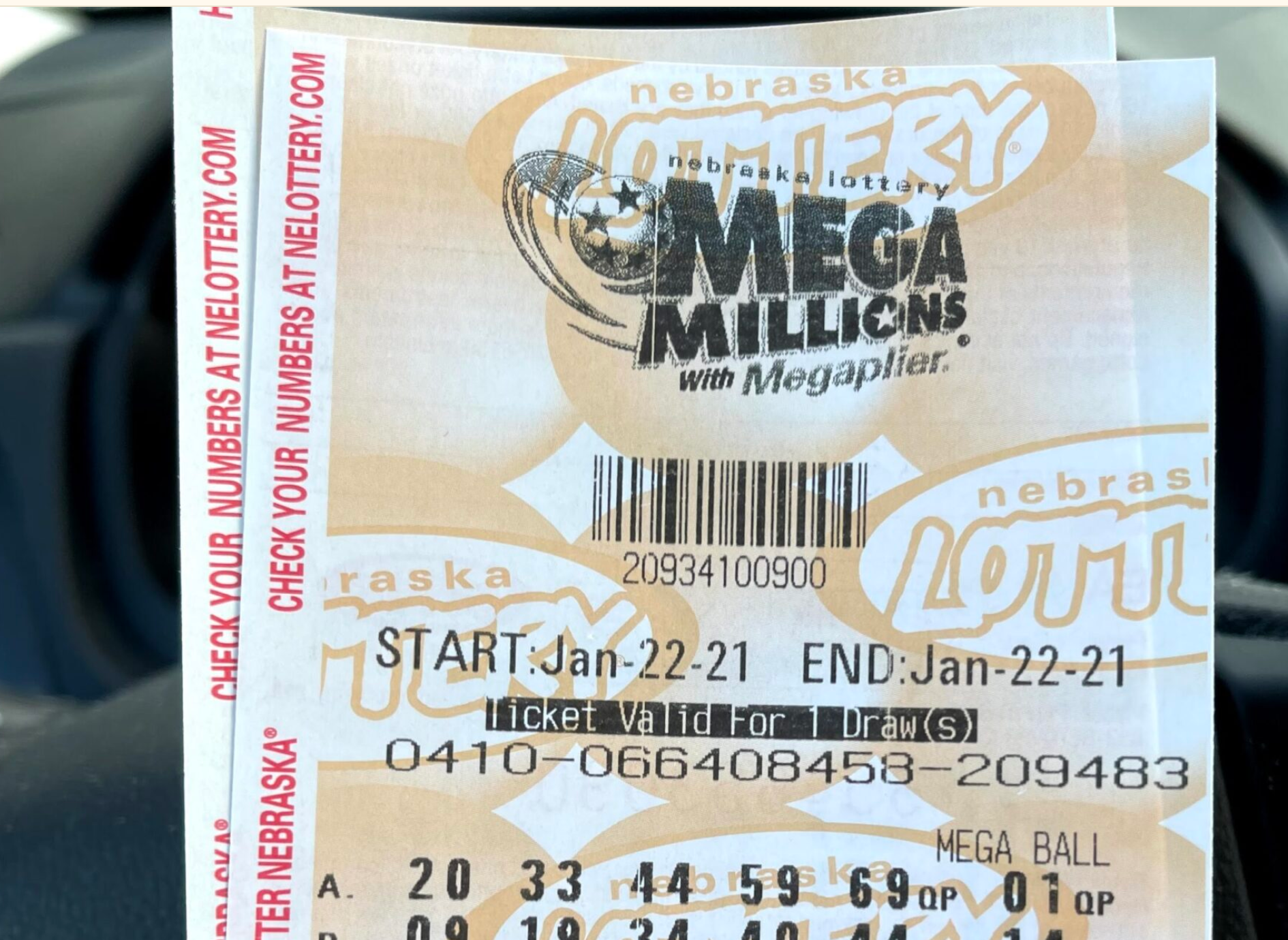
Auditor’s report comes as state lawmakers push for legislation to legalize online sports betting
By:Erin Bamer
Nebraska Examiner
LINCOLN — A more than 16% drop in Nebraska Lottery ticket sales over the last fiscal year meant various state cash funds missed out on just under $10 million in revenue.
State Auditor Mike Foley revealed as much in a report this week, which shared that lottery ticket sales fell by $36 million in 2025. Foley attributed the drop to the expansion of casino gambling after Nebraska voters legalized the activity in 2020.
“The longer-term impact of new forms of gaming on future lottery proceeds seems ominous,” Foley said in the report. “The protracted course of lottery ticket sales is what matters most, and only time will tell if it experiences a significant ongoing decline.”
The decline in sales meant that roughly $9.6 million did not go to support various state cash funds that benefit from lottery revenues, including the Nebraska State Fair Fund, the Compulsive Gamblers Assistance Fund and a collection of 10 education-related funds.
The Nebraska Environmental Trust took the biggest hit, however. In 2024, the fund received about $24.3 million in lottery funds. It received about $20.1 million in 2025, per Foley’s report.
Back in 2023, lottery officials said they were warned of a possible double-digit percentage decline in ticket sales due to the expansion of casino gambling.
The drop concerns State Sen. Jason Prokop of Lincoln, who sits on the Nebraska Legislature’s Appropriations Committee. Earlier this year, he opposed pressure to cut funding from the Environmental Trust to make space in the broader budget, arguing the fund is critical to conservation projects across the state. Ultimately, lawmakers approved three one-time funding transfers out of the fund to support other initiatives the Pillen administration and others sought, siphoning off $13 million from the fund.
Prokop has also co-sponsored two-part legislation that remains pending in the Legislature to legalize online sports betting. He prioritized Legislative Resolution 20CA from State Sen. Eliot Bostar of Lincoln, which if passed would put the legalization of online sports betting on the ballot.
The second piece, Legislative Bill 421 from State Sen. Stan Clouse of Kearney, would establish the regulatory framework for the activity under state law.
Prokop said he “wasn’t surprised” that Foley blamed the decline in lottery sales on casino gambling, as Foley was vocally opposed to its legalization. He said he hasn’t seen any data to prove that casino gambling detracts from lottery sales. He argued other factors could contribute to the drop.
Prokop and Lynne McNally — director of government relations for WarHorse casino — argued the proliferation of skill games available at convenience stores might play a larger role in declining lottery sales. McNally noted that many skill games are located in close proximity to where lottery tickets are sold at the counter.
“They are a direct competitor to (the) lottery, and that’s what’s been impacting their revenue,” McNally said.
It’s worth noting that between January to August of this year, Nebraska’s five casinos have generated roughly $24.7 million in revenue for the state through gaming taxes. That revenue supports the state’s general fund, the Compulsive Gamblers Assistance Fund and the Property Tax Credit Cash Fund, according to documents from Nebraska’s Racing and Gaming Commission.
Bostar previously estimated that legalizing online sports betting would generate an additional $32 million in revenue. Prokop argued Nebraska is actively missing out on this money, because Nebraskans who want to gamble online will still do so in other states where it’s legal.
“We’ve got the busiest corn field in the country … right across the river in Iowa because people are going over and making wagers,” Prokop said.
In Foley’s report, he cautions that the spread of online gambling could further hinder lottery funds.
“If I were a betting man, I’d lay odds that the increasing popularity of such online activities, some of which occur outside of the State of Nebraska’s authority, will result in ever more gambling dollars being siphoned away from the lottery and its intended beneficiary funds,” Foley said.
Prokop said he doesn’t think Foley’s report will make much of an impact on the fate of the online sports betting proposals in the Legislature. He said he believes lawmakers will pay more attention to the initiative’s revenue benefits and favor the opportunity to give voters a chance to weigh in on the issue.




